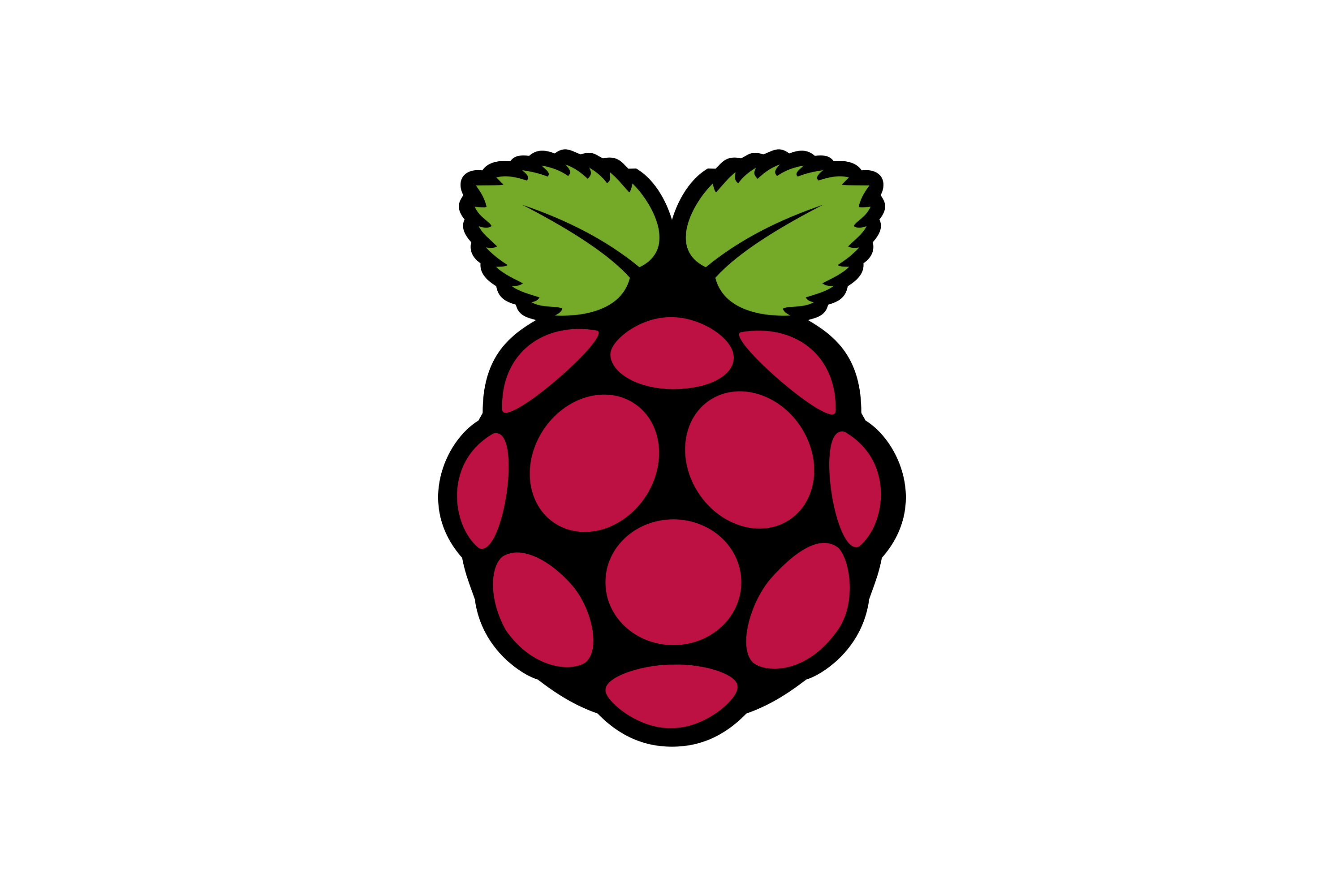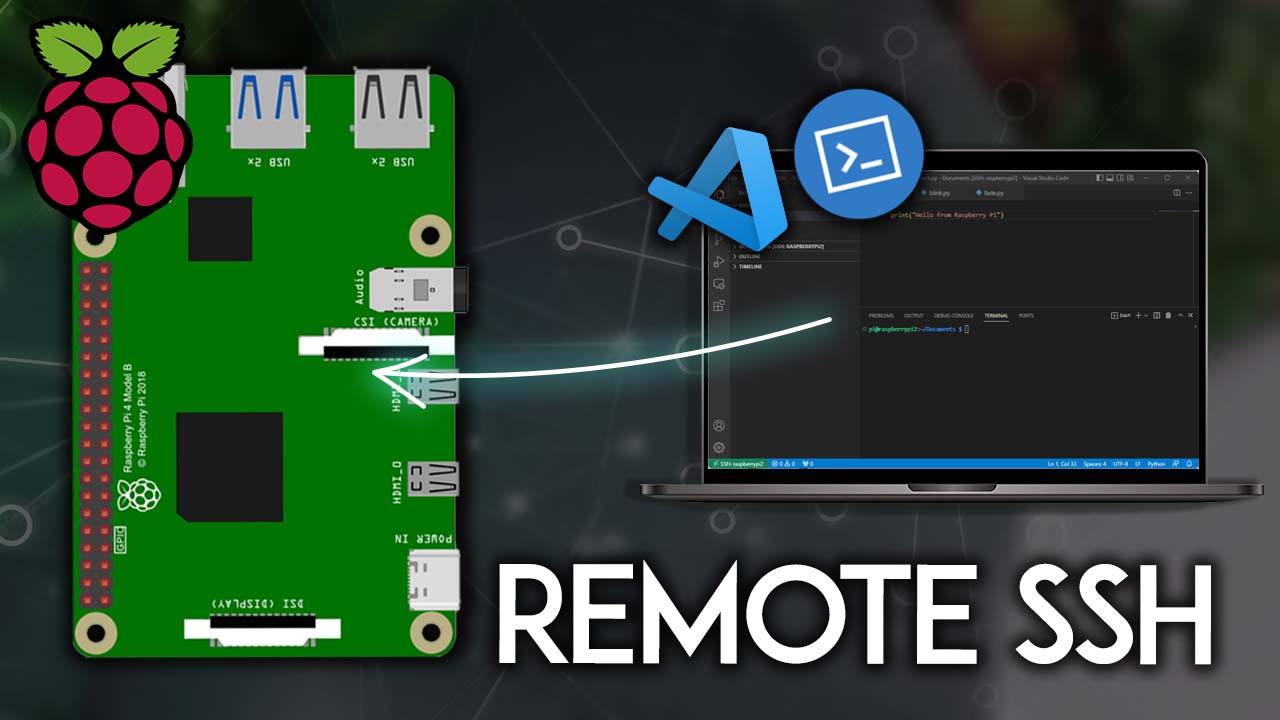Imagine this—you’re sitting comfortably at home, sipping on your favorite coffee, and suddenly you need to access your Raspberry Pi remotely for a project. But wait, how do you ensure it’s secure, easy, and free? Well, buckle up because we’re about to dive deep into the world of RemoteIoT Web SSH Raspberry Pi free download! This isn’t just any tech talk; it’s your ticket to mastering remote access without breaking the bank.
Let’s face it, in today’s digital age, remote access isn’t just a luxury—it’s a necessity. Whether you’re tinkering with IoT projects or managing servers from afar, having a reliable method to connect to your Raspberry Pi is crucial. And that’s where RemoteIoT Web SSH comes into play. This powerful tool offers you seamless access to your Pi through a web browser, no matter where you are.
Now, before we get into the nitty-gritty, let me tell you why this matters. With the rise of remote work and distributed teams, being able to manage your devices from anywhere is more important than ever. Not only does it save time, but it also enhances productivity. So, whether you’re a hobbyist, a developer, or an IT professional, this guide will walk you through everything you need to know about RemoteIoT Web SSH Raspberry Pi free download.
Read also:Pining For Kim Watch A Deep Dive Into The Hype Glamour And Investment Potential
Understanding RemoteIoT Web SSH Raspberry Pi
What Exactly is RemoteIoT Web SSH?
First things first, what on earth is RemoteIoT Web SSH? Simply put, it’s a web-based SSH client designed specifically for Raspberry Pi users. SSH, or Secure Shell, is a protocol that allows you to securely connect to remote devices over the internet. With RemoteIoT Web SSH, you can access your Raspberry Pi’s terminal directly from any browser without needing additional software.
Here’s the kicker—it’s free! No hidden costs, no subscription fees, just pure, unadulterated access to your Pi from anywhere in the world. This makes it an ideal choice for beginners and professionals alike who want to explore the possibilities of IoT without the hassle of complex setups.
Why Choose RemoteIoT Web SSH Over Other Options?
When it comes to remote access, there are plenty of tools out there. But what sets RemoteIoT Web SSH apart? Let’s break it down:
- Security: RemoteIoT Web SSH uses encryption to ensure your data stays safe during transmission.
- Convenience: No need to install anything on your computer—just open your browser and go.
- Compatibility: Works seamlessly with all major browsers, including Chrome, Firefox, and Safari.
- Free: Who doesn’t love free stuff? With no cost involved, you can try it out without any financial commitment.
These features make RemoteIoT Web SSH a top choice for anyone looking to streamline their remote access workflow.
Setting Up RemoteIoT Web SSH on Your Raspberry Pi
Prerequisites for Installation
Before you dive into the installation process, there are a few things you’ll need:
- A Raspberry Pi (any model will work, but newer models offer better performance).
- Raspberry Pi OS installed on your SD card.
- A stable internet connection.
- A computer or laptop with a web browser.
Got all that? Good! Now let’s move on to the fun part—installation.
Read also:How To Manage Remoteiot For Free The Ultimate Guide
Step-by-Step Guide to Installing RemoteIoT Web SSH
Setting up RemoteIoT Web SSH is surprisingly simple. Follow these steps, and you’ll be up and running in no time:
- Update Your System: Open the terminal on your Raspberry Pi and run the following commands:
sudo apt update
sudo apt upgrade
- Install SSH: If SSH isn’t already installed, you can enable it by going to the Raspberry Pi Configuration tool or running:
sudo systemctl enable ssh
sudo systemctl start ssh
- Download RemoteIoT Web SSH: Head over to the official website and download the latest version of RemoteIoT Web SSH.
- Extract the Files: Once downloaded, extract the files to a directory of your choice.
- Run the Application: Navigate to the extracted folder and execute the startup script.
And voila! You’re now ready to access your Raspberry Pi remotely via any web browser.
Exploring the Features of RemoteIoT Web SSH
Key Features You Need to Know
RemoteIoT Web SSH isn’t just a basic SSH client—it’s packed with features that make remote access a breeze. Here are some of the standout features:
- File Transfer: Easily transfer files between your local machine and Raspberry Pi using the built-in SFTP client.
- Multiple Sessions: Open multiple terminal sessions simultaneously for multitasking.
- Customizable Interface: Tailor the interface to suit your preferences, from font size to color schemes.
- Command History: Access your command history with ease, saving you time and effort.
These features make RemoteIoT Web SSH a versatile tool for both casual users and power users alike.
Troubleshooting Common Issues
Can’t Connect? Here’s What to Do
As with any software, you might encounter issues while setting up RemoteIoT Web SSH. Don’t worry—it happens to the best of us. Here are some common problems and how to fix them:
- Connection Timeout: Make sure your Raspberry Pi is connected to the internet and that your firewall settings allow incoming connections on port 22.
- Authentication Failed: Double-check your username and password, and ensure SSH is enabled on your Pi.
- Browser Compatibility: If you’re having trouble connecting, try using a different browser or updating your current one.
Still stuck? Check out the official documentation or reach out to the community for support.
Security Best Practices for RemoteIoT Web SSH
Protecting Your Raspberry Pi
Security should always be a top priority when it comes to remote access. Here are some tips to keep your Raspberry Pi safe while using RemoteIoT Web SSH:
- Use Strong Passwords: Avoid using common or easily guessable passwords.
- Enable Two-Factor Authentication: Add an extra layer of security by requiring a second form of verification.
- Regularly Update Software: Keep your Raspberry Pi OS and RemoteIoT Web SSH up to date to protect against vulnerabilities.
By following these best practices, you can enjoy the benefits of remote access without compromising your security.
Real-World Applications of RemoteIoT Web SSH
How People Are Using It
RemoteIoT Web SSH isn’t just for hobbyists—it’s being used in a variety of real-world applications. Here are a few examples:
- Home Automation: Control smart home devices remotely using your Raspberry Pi as a central hub.
- Server Management: Manage remote servers without the need for physical access.
- IoT Prototyping: Test and deploy IoT projects from anywhere in the world.
These use cases demonstrate the versatility and potential of RemoteIoT Web SSH in different industries.
Comparing RemoteIoT Web SSH with Other Tools
How Does It Stack Up?
There are plenty of remote access tools available, so how does RemoteIoT Web SSH compare? Let’s take a look:
- TeamViewer: While TeamViewer offers more features, it’s not free for commercial use.
- AnyDesk: Similar to TeamViewer, AnyDesk requires a paid license for business purposes.
- Putty: A popular SSH client, but it lacks the web-based convenience of RemoteIoT Web SSH.
When it comes to balancing functionality, ease of use, and cost, RemoteIoT Web SSH stands out as a top contender.
Conclusion: Unlock the Power of RemoteIoT Web SSH
And there you have it—a comprehensive guide to RemoteIoT Web SSH Raspberry Pi free download. From understanding what it is to setting it up and exploring its features, we’ve covered everything you need to know to get started. Whether you’re a seasoned pro or a newcomer to the world of IoT, RemoteIoT Web SSH offers a secure, convenient, and free way to access your Raspberry Pi remotely.
So what are you waiting for? Download RemoteIoT Web SSH today and take your remote access game to the next level. And don’t forget to share your thoughts in the comments below or check out our other articles for more tech tips and tricks!
Table of Contents
- Understanding RemoteIoT Web SSH Raspberry Pi
- Setting Up RemoteIoT Web SSH on Your Raspberry Pi
- Exploring the Features of RemoteIoT Web SSH
- Troubleshooting Common Issues
- Security Best Practices for RemoteIoT Web SSH
- Real-World Applications of RemoteIoT Web SSH
- Comparing RemoteIoT Web SSH with Other Tools
- Conclusion: Unlock the Power of RemoteIoT Web SSH



